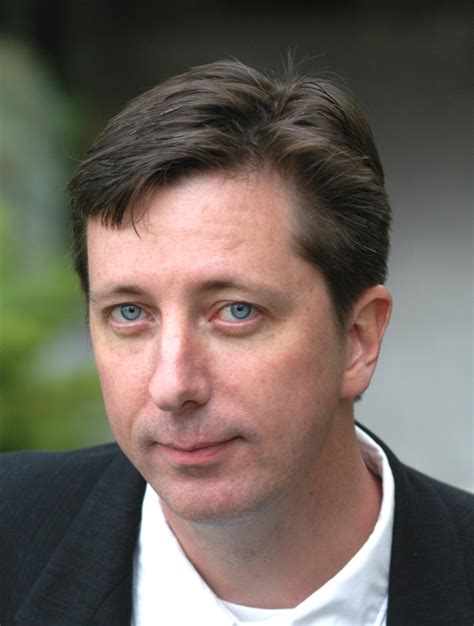A Quote by George W. Bush
I think you can judge from somebody's actions a kind of a stability and sense of purpose perhaps created by strong religious roots. I mean, there's a certain patience, a certain discipline, I think, that religion helps you achieve.
Related Quotes
I think that if you are a resolute, unswerving atheist, you have that sense that you are conscious of the God-shaped hole that has been left in the wake of any religious belief, and in a way, one is much more drawn to articulate why it is that certain places, or certain experiences, have a kind of power.
Religion is organized, and spirituality is what the individual feels in his relationship with truth and with God. And although spirituality may be expressed in a religion, many people are spiritual and never go to church. They aren't religious in the sense that they practice a certain type of discipline.
A religion is a source of happiness and I would not deprive anyone of happiness. But it is a comfort appropriate for the weak, not for the strong--and you are strong. The great trouble with religion--any religion--is that the religionist, having accepted certain propositions by faith, cannot thereafter judge these propositions by evidence. One may bask at the warm fire of faith or choose to live in the bleak uncertainty of reason--but one cannot have both.
I think that in a certain sense, we're concerned about the same issues. How do you accent the progressive, the prophetic, those things that are critical of all forms of injustice, all forms of bigotry, all forms of dehumanizing other people, and yet still allow for a certain kind of flow, linguistic flow, certain kinds of melodies and harmonies in the samplings that take place?
When you say what is the difference between me and my stage name the idea is that as a musician you always think of yourself as inhabiting a certain cultural space in the kind of a cultural landscape, so when I say cultural space what I mean to imply there is that you exist within certain parameters of how people think of culture.
Americans are finally coming to a point where they're accepting of religious criticism, is because George Bush is the first president who really put religion so front-and-center. He's the most Christ-y president we've ever had - and he is, not uncoincidentally, the biggest disaster we've ever had. I think even people who are religious don't like it shoved down their throat. I think people kind of get it on a certain level, that this is an antiscience administration, and we're living in a time where we can't afford to be antiscience - for environmental reasons, for educational reasons.


































